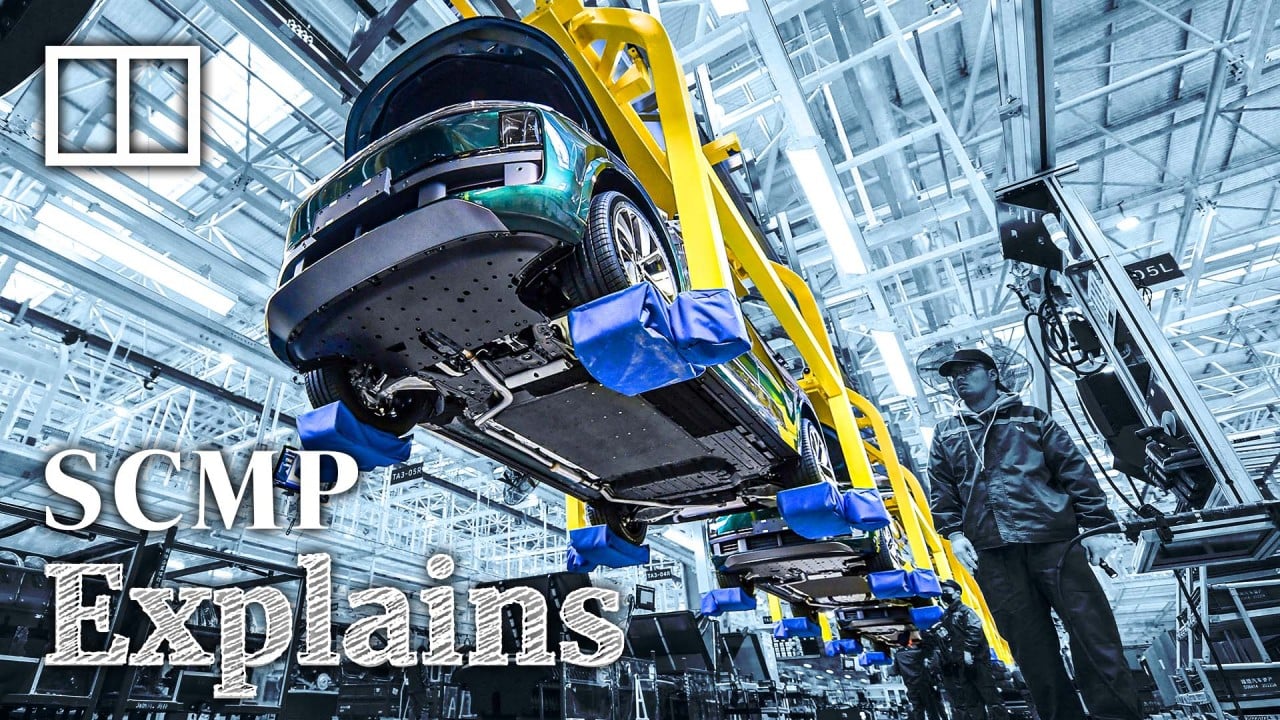
05 Apr Janet Yellen in China: overcapacity high on the agenda as secretary takes swipe at exports
“Direct and indirect government support is leading to capacity significantly exceeding China’s domestic demand, as well as what the global market can bear,” Yellen said at an American Chamber of Commerce in China event on Friday.
“Overcapacity can lead to large volumes of exports at depressed prices, undercutting American firms and workers as well as those around the world, including in India and Mexico.
“And it can lead to overconcentration of supply chains, risking global economic resilience … China is too large to export its way to rapid growth.”
Yellen also broached the overcapacity issue when she spoke with Wang.
“If policies are oriented only at generating supply and not demand, global spillovers will result. Addressing overcapacity – and more generally considering market-based reforms – is in China’s interest. This will be a key topic in [my] discussions with counterparts in the coming days,” she added.
Yellen is set to meet Premier Li Qiang and other senior leaders in Beijing during her trip. Her visit follows a phone call between President Xi Jinping and his US counterpart Joe Biden on Tuesday.
Wang was in the US as head of the Chinese delegation for the first meeting of a China-US trade working group, formed to scale up communication and better manage differences between the two countries.
Her Chinese counterparts hope to use face-to-face interactions to explain … some economic basics
According to a Chinese commerce ministry statement on Friday, Wang and Lago discussed tariff and market access issues. Wang also called for an expansion of cooperation.
“China-US economic and trade relations should be a stabilising force in relations between the two countries. China is willing to work with the United States … to create a good environment for enterprises … to conduct trade and investment cooperation,” he said.
However, Lu Xiang, a senior researcher with the Chinese Academy of Social Sciences, said the overcapacity debate would be unavoidable during Yellen’s trip, and that the tone of discussion may not be so amicable.
“Her Chinese counterparts hope to use face-to-face interactions to explain to her, an economist by training, some economic basics,” Lu said.
China’s US$28 billion overseas EV investment holding a charge despite backlash
China’s US$28 billion overseas EV investment holding a charge despite backlash
“One fact is that the woes of old, outdated production capacity in the US cannot be glossed over by the exaggerated talk of China’s EV overcapacity … the US’ less-competitive industries cannot be protected by hobbling China’s rise in new sectors.”
Lu said Washington would use Yellen’s trip and views gleaned from American firms to inform the tone of subsequent talks, as both sides are firing off barbs on the issue.
“Beijing sees its hard-won lead in new green industries as its new competitiveness and won’t back down when few ‘excess’ Chinese green products are being sold to the US,” he added.
It’s a deliberate move to crank up the pressure
“They fear once the door is open [for Chinese products], uncompetitive American companies could be flooded away,” Lu said.
Yellen’s round table in Guangzhou was also attended by representatives from European and Japanese businesses.
The symbolism was not lost on Xin Qiang, an international studies professor with Fudan University in Shanghai, who warned of Washington’s intention to form a “united front” with other countries.
“It’s a deliberate move to crank up the pressure. Yellen may also want to learn of gripes from the European and Japanese firms operating in China,” Xin said.
Beijing is staying accommodative to keep up dialogue, he said, but he would still not expect Yellen to tone down her rhetoric even after meeting the premier and senior Chinese officials.
“Guangdong is an economic dynamo, and Yellen can see with her eyes how the economy is doing. [It] is also pivotal to trade with the US, historically and now,” Xin said.

